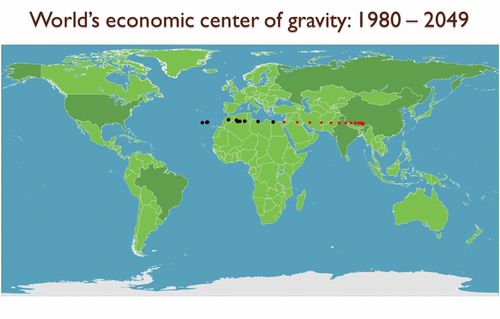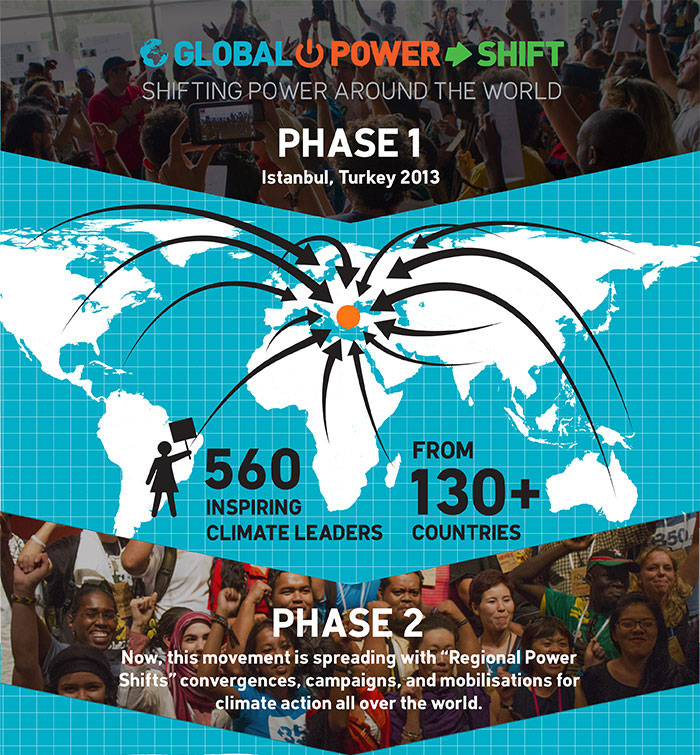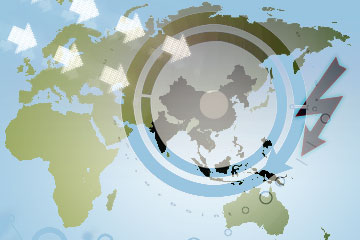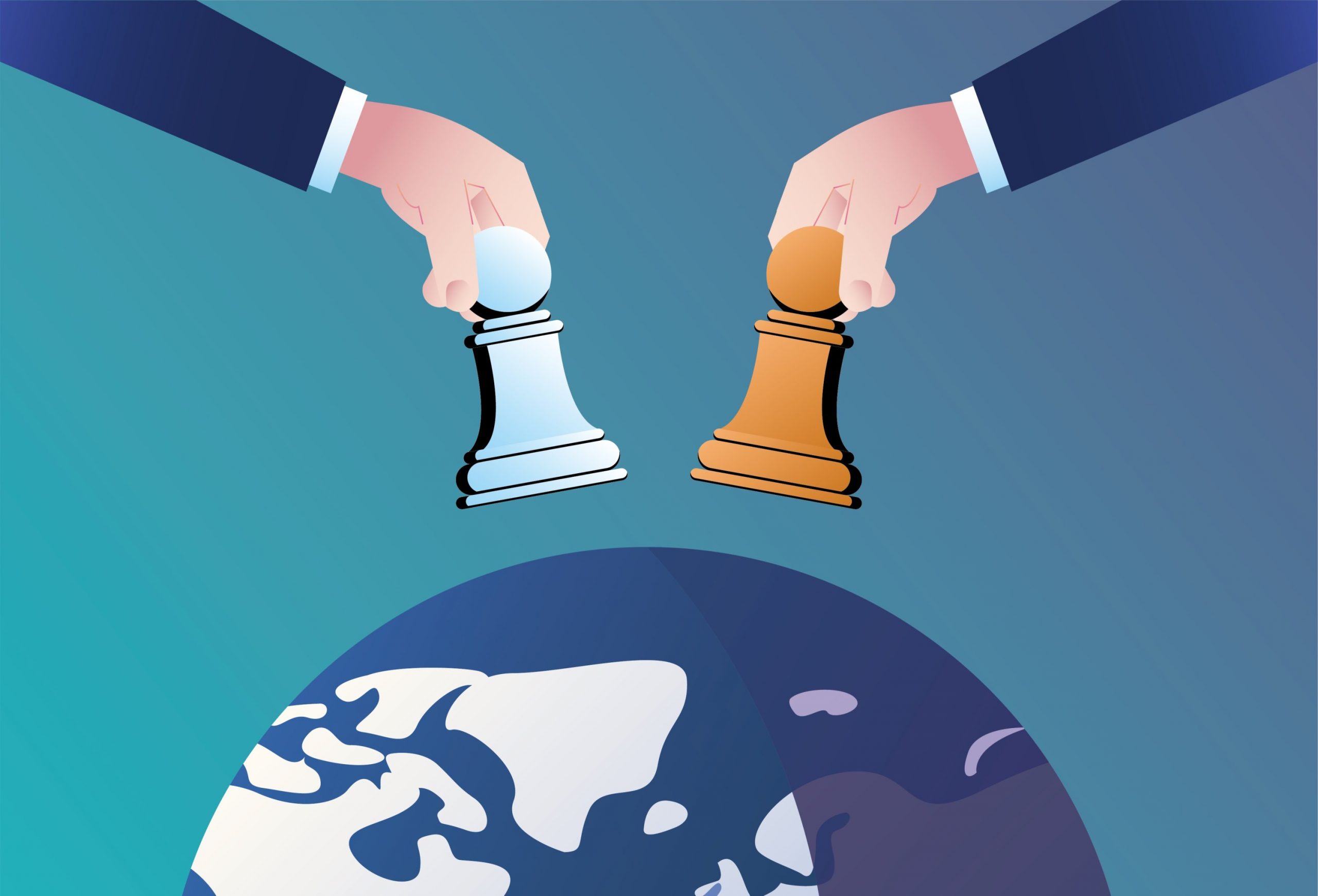Who Guidelines the World? Watching the Shifting Sands of World Energy
Associated Articles: Who Guidelines the World? Watching the Shifting Sands of World Energy
Introduction
With enthusiasm, let’s navigate by way of the intriguing matter associated to Who Guidelines the World? Watching the Shifting Sands of World Energy. Let’s weave attention-grabbing info and provide recent views to the readers.
Desk of Content material
Who Guidelines the World? Watching the Shifting Sands of World Energy

The query of who guidelines the world is a perennial one, debated by philosophers, politicians, and pundits for hundreds of years. There is no single, easy reply. The idea of "ruling the world" itself is multifaceted, encompassing financial dominance, army would possibly, cultural affect, and technological management. Whereas no single entity holds absolute sway throughout all these domains, understanding the interaction of assorted actors – nations, firms, and even ideologies – is essential to navigating the complexities of the twenty first century.
For a lot of the twentieth century, the reply appeared comparatively simple: america and the Soviet Union engaged in a bipolar wrestle for international hegemony, a Chilly Warfare characterised by ideological battle, proxy wars, and a relentless menace of nuclear annihilation. The collapse of the Soviet Union in 1991 ushered in a interval usually described as a unipolar second, with the US rising as the only real superpower, its army unmatched, its economic system unparalleled, and its cultural affect pervasive. Nonetheless, this unipolarity was at all times a fragile assemble, topic to the inevitable shifts in international energy dynamics.
The rise of China represents probably the most vital problem to US dominance in latest a long time. China’s financial development has been phenomenal, reworking it from an agrarian society into the world’s second-largest economic system. This financial energy interprets into geopolitical affect, permitting China to take a position closely in infrastructure initiatives globally by way of initiatives just like the Belt and Street Initiative, fostering financial dependence and increasing its sphere of affect. Moreover, China’s army modernization is a trigger for concern for a lot of, signaling its rising ambition to undertaking energy past its speedy area. Its assertive stance within the South China Sea and its more and more refined technological capabilities display its willingness to problem the present international order.
Nonetheless, framing the worldwide energy dynamic as a easy US-China rivalry oversimplifies the state of affairs. Different actors play essential roles, usually performing as balancers or disruptors. The European Union, regardless of inside challenges, stays a big financial and political pressure, wielding appreciable smooth energy by way of its diplomatic efforts and its dedication to multilateral establishments. Russia, regardless of its comparatively smaller economic system, retains a big army functionality and continues to say its affect in its close to overseas and past, usually by way of disruptive actions corresponding to cyber warfare and disinformation campaigns.
India, with its burgeoning inhabitants and quickly rising economic system, is one other rising energy, poised to turn out to be a significant participant within the international panorama. Its strategic location and its rising technological prowess make it a key companion for a lot of international locations, but in addition a possible rival to China. Moreover, the rise of regional powers like Brazil, Indonesia, and Nigeria additional complicates the image, highlighting the rising multipolarity of the worldwide system.
Past nation-states, multinational firms exert appreciable affect on the worldwide stage. Tech giants like Apple, Google, and Amazon wield immense financial energy, shaping shopper conduct and influencing international markets. Their attain transcends nationwide borders, creating a posh interaction between nationwide sovereignty and company energy. Their management over information and knowledge additionally offers them vital affect over public opinion and political discourse. Equally, main monetary establishments and funding banks play a vital position in shaping international financial coverage and influencing the stream of capital.
The unfold of data and communication applied sciences has additional difficult the ability dynamic. The web and social media platforms have empowered people and teams, enabling the fast dissemination of data and the mobilization of social actions. This has challenged conventional energy buildings and created new avenues for political participation, nevertheless it has additionally led to the unfold of misinformation and the rise of extremist ideologies. The flexibility to regulate and manipulate info has turn out to be a vital ingredient of energy within the twenty first century.
Moreover, the rise of non-state actors corresponding to terrorist organizations and transnational felony networks provides one other layer of complexity. These actors usually function throughout nationwide borders, difficult the authority of nation-states and undermining international stability. Their actions, whether or not by way of violence or financial disruption, can have vital geopolitical penalties.
In the end, the query of who guidelines the world will not be about figuring out a single ruler, however about understanding the advanced interaction of energy throughout a number of domains. The worldwide panorama is more and more multipolar, characterised by a shifting stability of energy between nation-states, firms, and non-state actors. The longer term will probably see a continued wrestle for affect, with no single entity prone to obtain absolute dominance. Understanding the dynamics of this wrestle, recognizing the interconnectedness of assorted energy facilities, and adapting to the ever-changing international panorama are essential for navigating the challenges and alternatives of the twenty first century.
The idea of "ruling the world" wants re-evaluation. It’s much less about outright management and extra about affect, shaping occasions and outcomes to 1’s benefit. This entails financial leverage, army functionality, diplomatic talent, and the flexibility to form narratives and public opinion. The longer term will probably be outlined by cooperation and competitors, alliances and rivalries, a relentless negotiation of energy in a quickly evolving international panorama. Watching this dynamic unfold requires a nuanced understanding of the a number of actors and the intricate net of their interactions. The query of who guidelines the world will not be a query with a definitive reply, however a steady means of statement, evaluation, and adaptation.








Closure
Thus, we hope this text has supplied precious insights into Who Guidelines the World? Watching the Shifting Sands of World Energy. We hope you discover this text informative and useful. See you in our subsequent article!